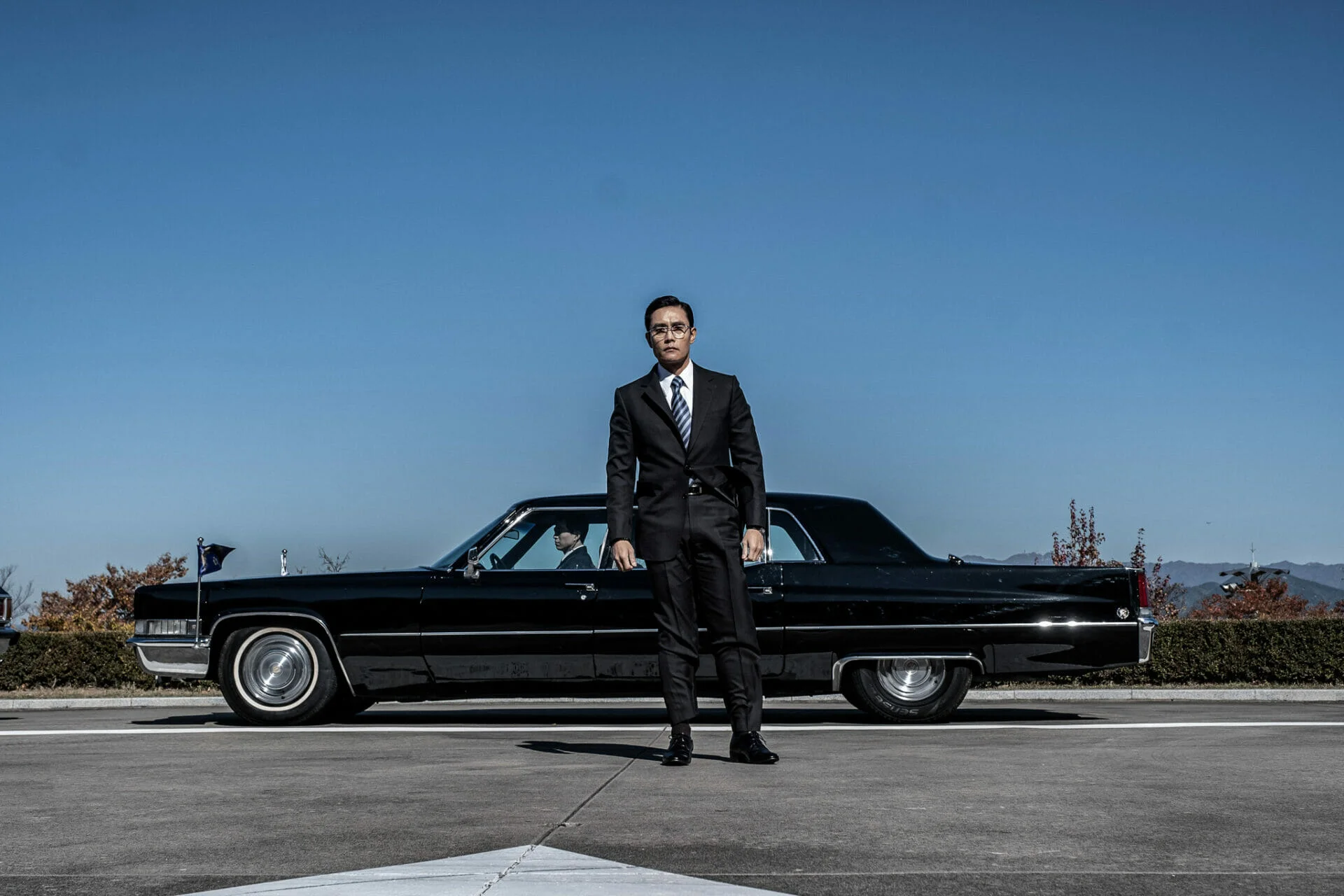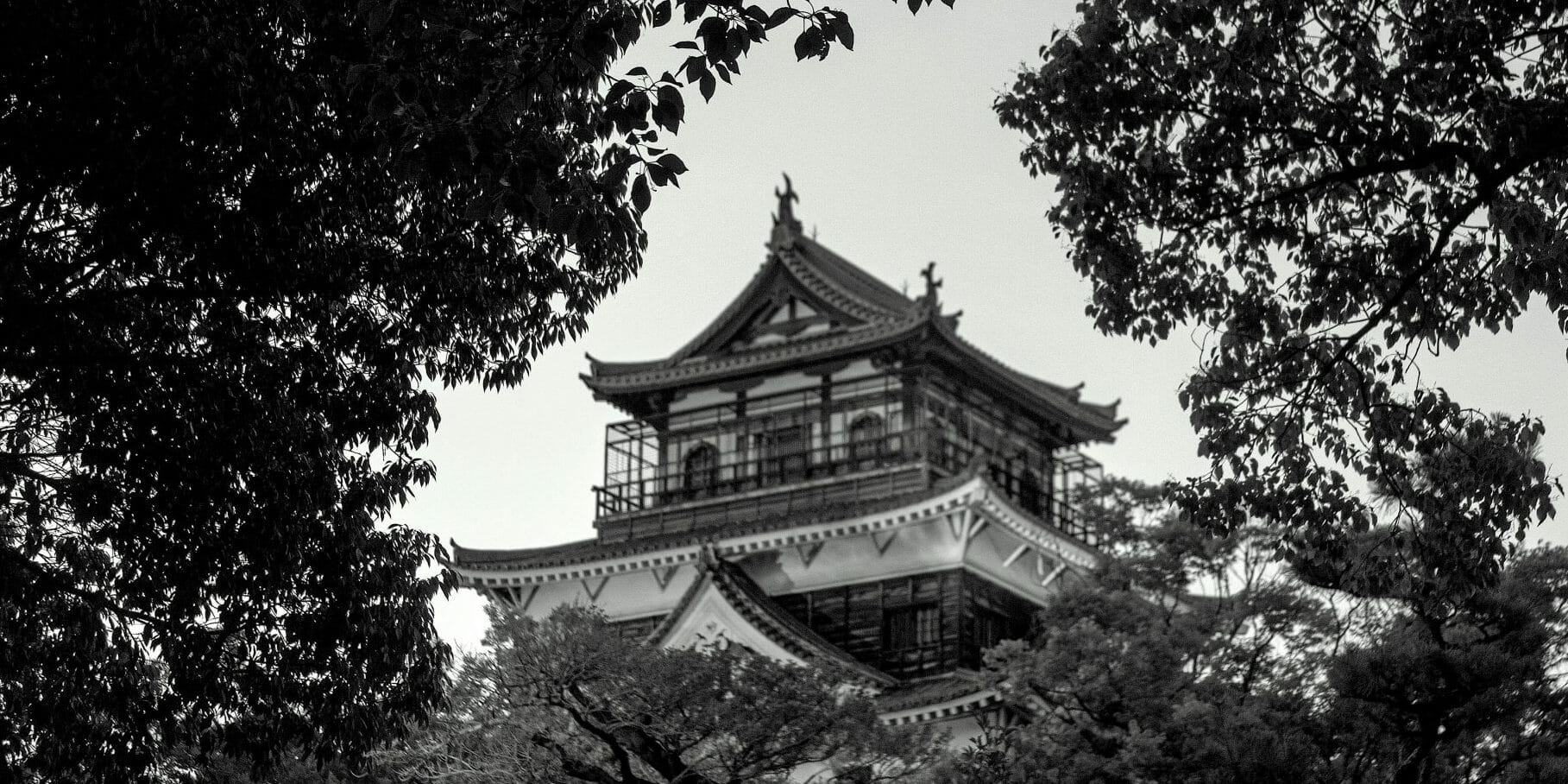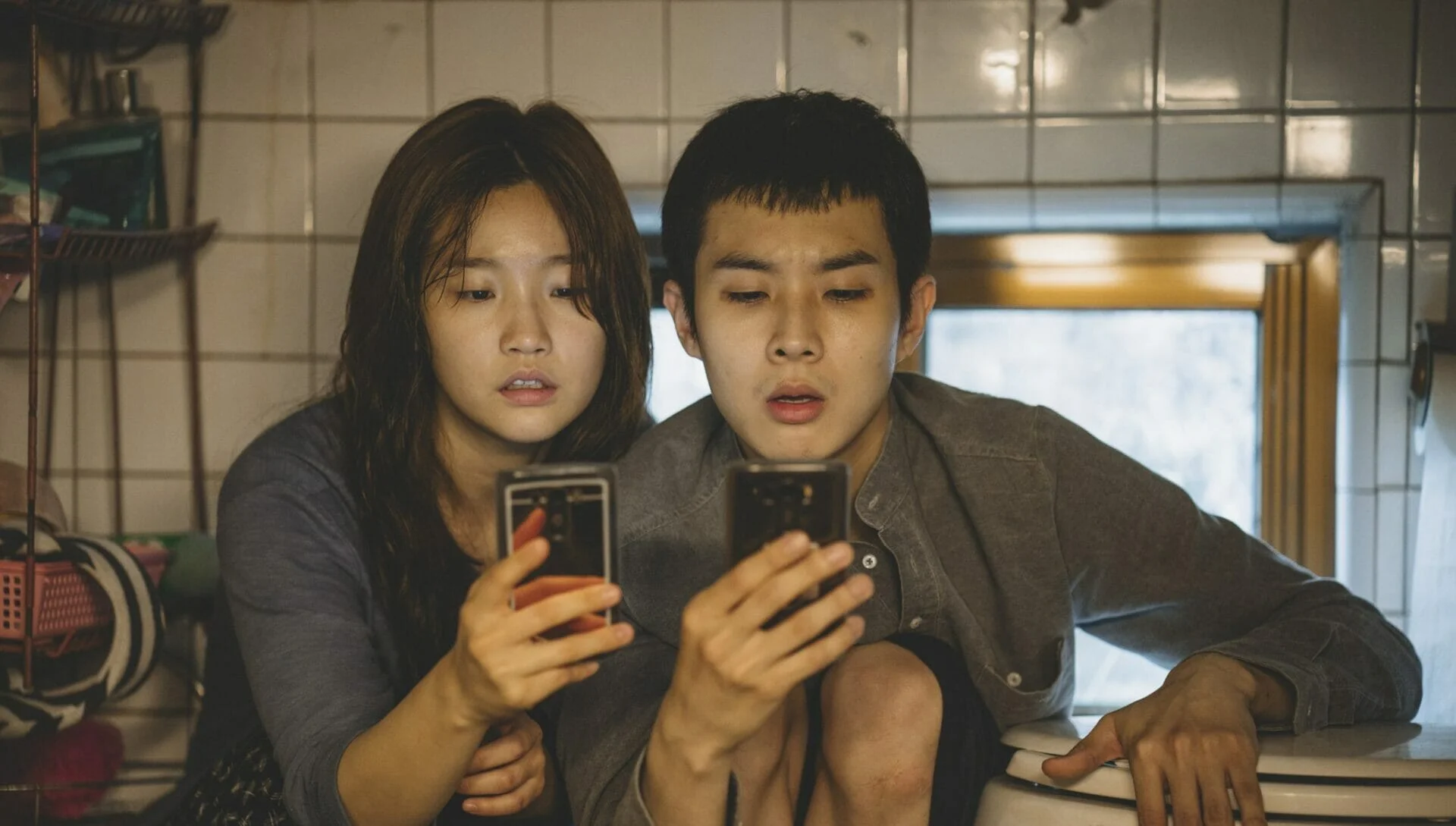
The Man Standing Next | Shakespearean Tragedy in 70s Korea
Year
Runtime
Director
Cinematographer
Production Designer
Music by
Country
Format
Genre
By
On the night of October 26th, 1979, the director of the South Korean Central Intelligence Agency (KCIA), Kim Jae-gyu, assassinated the third president of South Korea, Park Chung-hee. They were at dinner inside a KCIA safehouse in the presidential compound. The South Korean people know what came next. After the assassination, Kim Jae-gyu headed to the military headquarters, hoping to secure the coup and establish emergency martial law. He was arrested there, and later tried and hanged. What they don’t know, even forty years later, is why Kim Jae-gyu assassinated the president in the first place.
Classical Devices for Modern Times
This is the question Woo Min-ho contemplates in The Man Standing Next, South Korea’s 2021 Academy Award entry for Best International Picture. Adapted from a book of the same name by Korean journalist Kim Choong-seek, the film encompasses the forty days leading up to the 10.26 incident, examining internal tensions in the government as well as the influence of the Koreagate scandal and the Bu-Ma Democratic Protests. Where Im Sang-soo’s 2005 black comedy The President’s Last Bang used satire to address the same subject matter, Woo opts instead for tragedy, lending his picture the dread of a prophesied end.
If The Man Standing Next is a tragedy, Director Kim is its tragic hero. Played by Lee Byung-Hun (who had previously worked with Woo on his 2015 Inside Men) he is a character as ambiguous as the legacy of his actions. Described by Woo as resembling Shakespeare’s Hamlet, he keeps his emotions hidden behind a pair of browline glasses and a professional demeanor, only to explode at the end. The audience is never quite sure where they stand with him. Yet Lee brings an imperfect humanity to his character, much as Lee Sung-min interprets the figure of President Park. Under the sleek exterior of a political thriller, they play out the story of a broken friendship, of two idealists who, somewhere along the line, lost sight of their ideals.
Huge Power in Small Spaces
So why did Director Kim do it? Woo Min-ho chooses not to settle on one answer. Rather, he sketches out a number of factors: Director Kim’s paranoia, his rivalry with President Park’s bodyguard, and his guilt over his own past actions. Importantly, his motives are mainly egocentric, and his concerns are focused on the officials around him. Hardly a single civilian appears in the whole film, and by design. While shooting in interior settings was a necessity, as little architecture remains from 70s Korea, it was also a thematic choice. As Woo explained, he wanted the audience “to see how tragedy occurs when huge power is abused by a few people in enclosed spaces, without the consent of the people.”
Two military coups followed in quick succession after the assassination of President Park, bringing in the Fifth Republic of South Korea. It wasn’t until 1987 that democracy solidified under the Sixth Republic, which remains in place to this day. Time and progress marched on, and the events of The Man Standing Next became an inexplicable anecdote in Korean history. But according to Woo, “…remembering history is like putting a latch on the entrance to a place we never want to go back to.” Take the lessons, and lock up the mistakes behind you.
Tag






